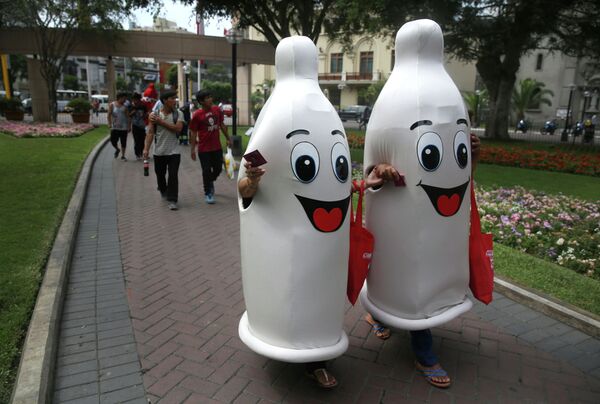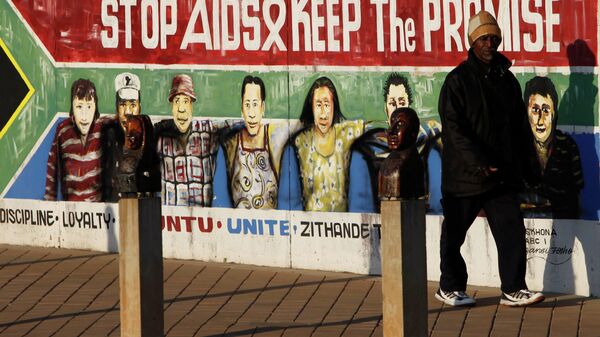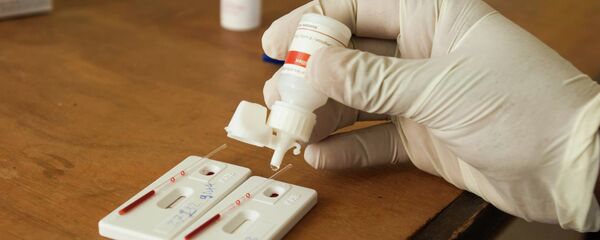The experimental drug, a protein known as eCD4-IG, blocks infection by keeping the virus from binding to the immune cells.
In trials with monkeys, the drug “candidate” proved to be extremely effective at blocking infection – even with the most harmful strains of HIV.
"Our compound is the broadest and most potent entry inhibitor described so far," Dr. Michael Farzan, a professor at the Scripps Research Institute in Florida and lead researcher for the study, said in a statement. "Unlike antibodies, which fail to neutralize a large fraction of HIV-1 strains, our protein has been effective against all strains tested."

Dr. Philip Johnson, a University of Pennsylvania researcher who was not involved in the research, applauded Farzan’s research and shared in his optimism for the drug’s success.
"What Mike [Farzan] has done very ingeniously is to develop a molecule that attacks HIV in two different spots… that is able to neutralize most if not all strains of HIV," Dr. Johnson told Newsweek.
Dr. David Baltimore, a Nobel Prize-winning virologist at Caltech in California called the research "impressive," but also sounded a note of caution.
"It's perhaps a better construct than the antibodies we've been using, but it's a matter of how it plays out in human trials," he told Science magazine. "I don't think it's easy to tell how that will happen."
Human trials of the experimental drug could begin within a year, Farzan told the Wall Street Journal.
Only one quarter of the 1.1 million people with HIV have their condition under control, meaning the virus has been suppressed, according to a report released this summer by the Centers for Disease Control and Prevention.
That report also says that more than half of HIV-infected young people are unaware that they have the virus.
"Given everything we know about HIV and how to prevent it in 30 years of fighting the disease, it's just unacceptable that young people are becoming infected at such high rates," CDC Director Dr. Thomas Frieden told Reuters.
For young people, 72 percent of new HIV infections are in men who have sex with men, while almost 50 percent are African-American males, Reuters reported, citing figures based on 2010 data.
The number of people living with HIV has increased by 18 percent from 2001 to 2011, according to a report released this year from the Joint United Nations Programme on HIV/AIDS. An estimated 34.2 million people around the world are living with HIV.
The report also showed that deaths from AIDS have dropped, from 2.3 million in 2005-2006 to 1.7 million in 2011, Reuters reported.





